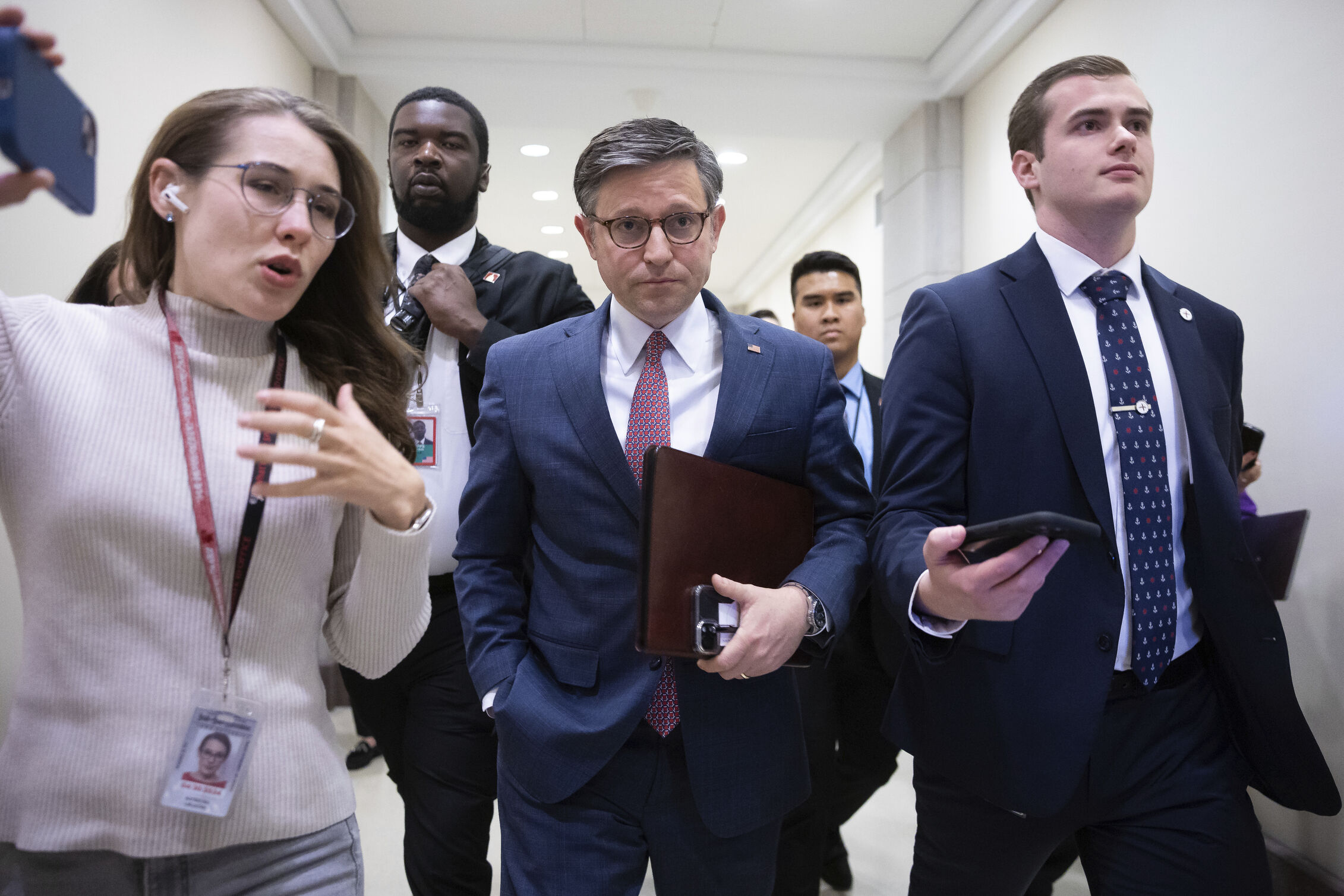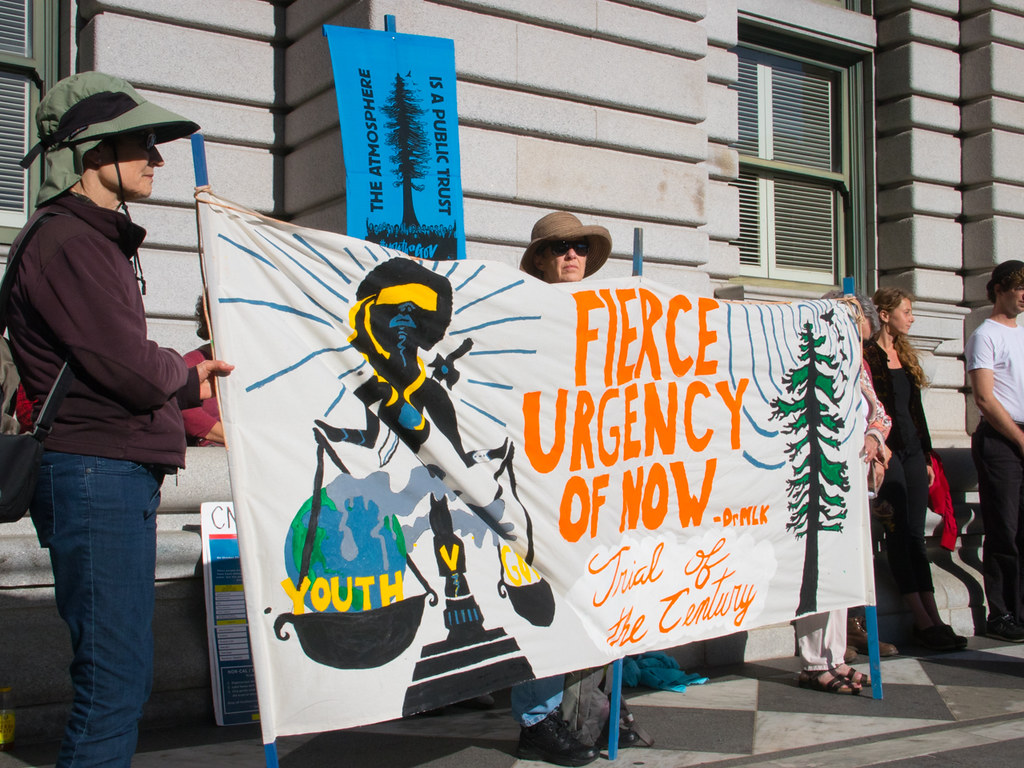How Congress Could Fix JASTA: Give the President Waiver Authority
Now that Congress has overridden President Obama’s veto of JASTA, many members of Congress seem to be experiencing buyer’s remorse as they contemplate the possible implications for the United States, including its own sovereign immunity and its relationship with Saudi Arabia.
Published by The Lawfare Institute
in Cooperation With

Now that Congress has overridden President Obama’s veto of JASTA, many members of Congress seem to be experiencing buyer’s remorse as they contemplate the possible implications for the United States, including its own sovereign immunity and its relationship with Saudi Arabia. Majority Leader McConnell said last week: “nobody really focused on the potential downsides in terms of our international relationships.” This is somewhat surprising, given the warnings by the White House, Congressional witnesses (including me), and many national security experts. In any case, a group of Senators is now reportedly considering possible “fixes” to JASTA that could be made in a lame duck session. Several of the fixes I have heard about, such as the creation of a special claims tribunal, strike me as much too complicated. A cleaner approach, in my view, would be for Congress to amend JASTA to give the President authority to waive the new international terrorism exception to the FSIA with respect to certain countries.
There is precedent for granting the President authority to waive provisions of the FSIA. In 2007, when I was State Department Legal Adviser, Congressional conferees added a provision in the conference report for the National Defense Authorization Act of 2008 that made extensive amendments to the terrorism exception of the Foreign Sovereign Immunities Act to reverse losses that plaintiffs’ lawyers had experienced in court. Among other things, the amendments would have allowed lawsuits against Iraq for acts of terrorism during the Saddam Hussein regime, even though the Secretary of State had removed Iraq from the list of state sponsors of terrorism. Despite White House objections, Congress passed the NDAA with the FSIA amendments. The new post-Saddam government of Iraq objected strongly to the FSIA amendments, arguing that they would result in the attachment of Iraq’s assets in the United States and interfere with Iraq’s reconstruction. President Bush then pocket vetoed the NDAA, a remarkable action given the importance of the NDAA. In a message of disapproval, he said the FSIA provision “would imperil billions of dollars of Iraqi assets at a crucial juncture in that nation's reconstruction efforts and because it would undermine the foreign policy and commercial interests of the United States.” (Ironically, Harry Reid and Nancy Pelosi condemned President Bush’s veto, saying: “The Administration should have raised its objections earlier, when this issue could have been addressed without a veto. The American people will have every right to be disappointed if the President vetoes this legislation …”) After further consultation with the Executive branch, Congress then re-passed the NDAA with the FSIA provision, but included a new provision that allowed the President to waive provisions of the FSIA amendments with respect to Iraq provided the President determined that (A) the waiver is in the national security interest of the United States; (B) the waiver will promote the reconstruction of, the consolidation of democracy in, and the relations of the United States with, Iraq; and (C) Iraq continues to be a reliable ally of the United States and partner in combating acts of international terrorism. President Bush then made the required determinations and waived the provisions as applied to Iraq. (Another relevant precedent is the authority Congress gave the President to waive the similarly ill-advised Title III of the Helms-Burton Act of 1996, which would allow individuals to sue Cuba for trafficking in expropriated property. That provision has been waived every six months by Presidents Clinton, Bush, and Obama for twenty years.)
With respect to JASTA, Congress could amend the legislation to give the President waiver authority if he determined the waiver is in the national security interest of the United States. Specifically with respect to Saudi Arabia, Congress might require the President to determine that A) Saudi Arabia continues to be a reliable ally of the United States and partner in combating international terrorism; and B) Saudi Arabia is taking strong actions to prevent support inside and outside Saudi Arabia for religious extremism.
If Congress granted the President waiver authority, in order to comply with the Supreme Court’s decision in Landgraf v. USI Film Products, Congress would need to be clear that the waiver applied retroactively to lawsuits that have already been filed, including the new suit filed earlier this week. There should not be a constitutional problem with stripping the courts of jurisdiction over Saudi Arabia because the Congressional action would alter the procedural rights, but not the substantive rights, of the plaintiffs.
Obviously, allowing the President to waive JASTA as applied to Saudi Arabia and to re-confer Saudi Arabia’s immunity, would be extremely upsetting to the plaintiffs in the 9-11 cases, even if it is in the longer term national security interest of the United States. Having been in the Situation Room on 9-11 and having worked to bring the 9-11 attackers to justice for my eight years in the Bush Administration, I have exceptional sympathy for the plaintiffs in these cases and support their quest for justice. If the President is given waiver authority, before he exercises any such authority, the President should discuss with Saudi Arabia alternative mechanisms to ensure accountability for the 9-11 attacks and to provide appropriate compensation to the families of the victims.





